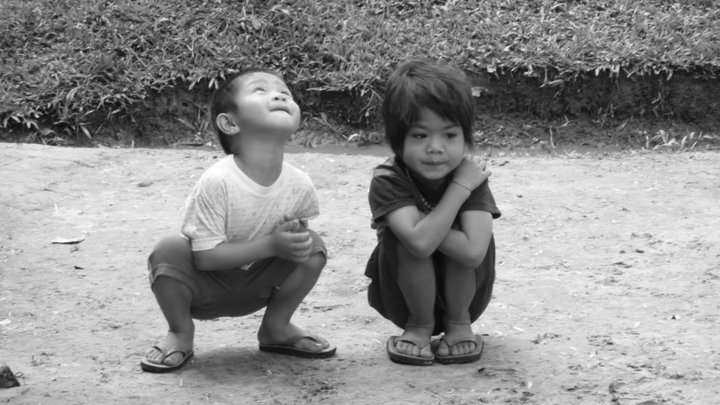
Borneo Community Benefits
BORNEO COMMUNITY BENEFITS
Adventure Alternative contributes to the local economy and spreads that income throughout the community by choosing carefully the people we work with and making agreements beforehand about how many clients we will bring and how much money the community will get from the visit. Our leader makes regular visits to the villages in order to ensure that we are not making unfair demands on the community and that our presence is both wanted and enjoyed.
In the Penan villages, we spent years preparing the ground and building trust with the villagers before discussing the concept of bringing tourism to the area in order to help fund the projects they most wanted, those being education and forest enrichment to tackle the effects of logging. With Adventure Alternative our charity is supporting the Penan people with these projects. Tourism is a relatively new concept to them. The local benefits are to some extent unknown, we simply have to treat everything with great care and respect.
We don’t condone exploitative tourism at all, we fundamentally believe that the community needs to extract more out of the tourism ‘contract’ than the visitor. Therefore, on one level the financial benefit is easy to quantify, but on another level, we are exposing these people to a new way of life which we want to promote as a way in which to protect their heritage and culture. Clearly, this is a long-term commitment and one that must combine all the theory surrounding community tourism and the practicality of bringing visitors to such a special area. If their habitat had never been endangered by the logging companies cutting down all the trees, then you could say that there would never be a need for tourism, but in this case tourism could, in fact, offer them a source of cash income as an alternative to being forced into the need to cut down trees for money.
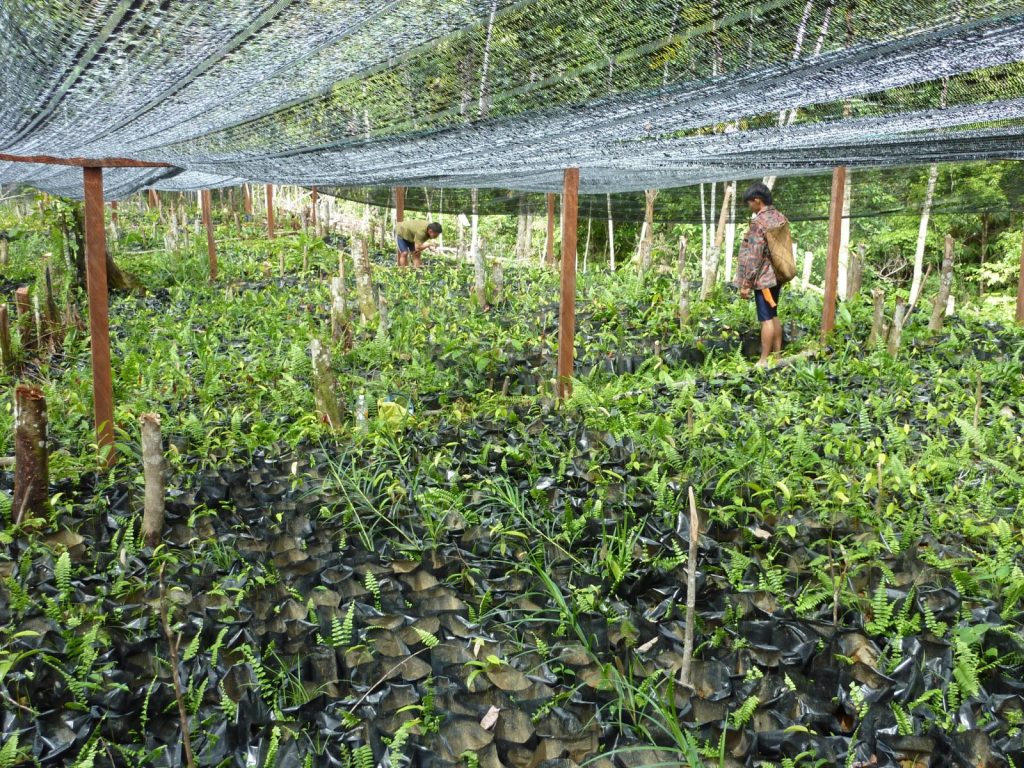
This trip has been entirely thought out in terms of the local people and the impact upon them, and the benefit they can gain from having visitors. It’s not just a tourist trail, it really is an unusual adventure and one that we hope will help to transform the lives of these remarkable people. In that respect the trip falls within all the categories of the FairTrade Volunteering trademark, even if you are not actually volunteering to do some work in the jungle; the visit is still about making a positive impact on the people who live there.
BORNEO VOLUNTEER PROJECTS
In Borneo, we are working alongside the indigenous Penan people to protect and preserve the Sarawak rainforest. We’re planting around 10,000 trees a year, reforesting areas which have been damaged by illegal logging and extreme weather phenomena. You’ll have the chance to explore the rainforest, learn from the deep knowledge and traditions of the Penan people, assist with the collection of saplings and seeds from the forest, help with the planting of saplings in the tree nurseries we are supporting and be fully immersed in the fascinating culture of this amazing place.
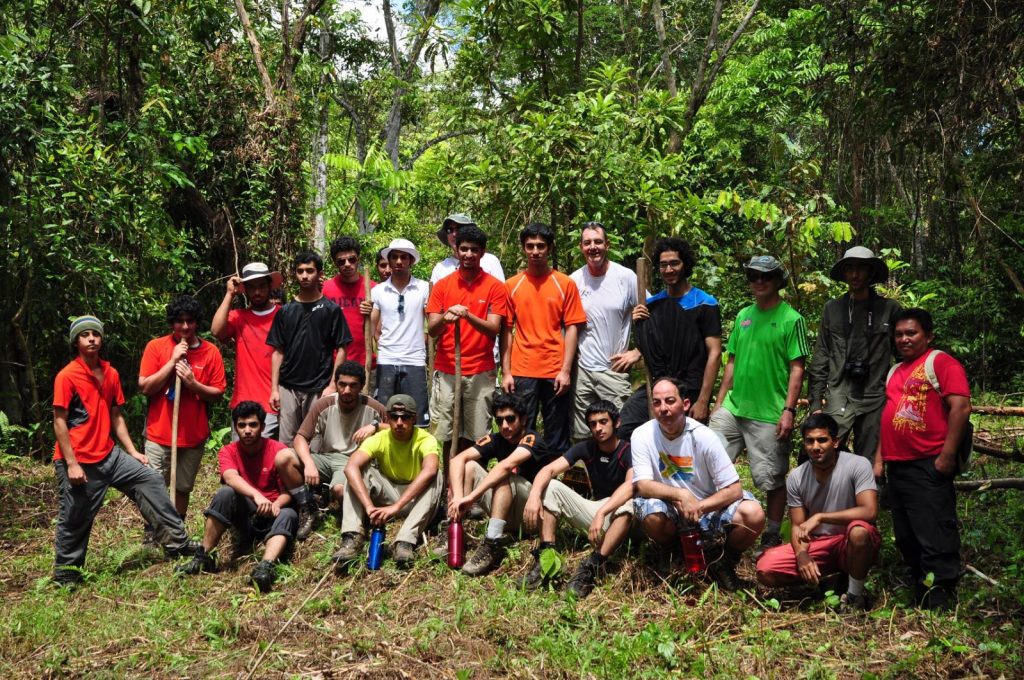
A successful morning of tree planting with volunteers and the local Penan people.
THE ADVENTURE ALTERNATIVE IMPACT
Adventure Alternative contributes to the local economy and spreads that income throughout the community by choosing carefully the people we work with and making agreements beforehand about how many clients we will bring and how much money the community will get from the visit. Our leader makes regular visits to the villages in order to ensure that we are not making unfair demands on the community and that our presence is both wanted and enjoyed.
OUR WORK IN THE PENAN VILLAGES
In the Penan villages, we spent two years preparing the ground and building trust with the villagers before discussing the concept of bringing tourism to the area in order to help fund the projects they most wanted, those being education and forest enrichment to tackle the effects of logging. Tourism is a completely new concept to them. The local benefits are to some extent unknown, we simply have to treat everything with great care and respect. We don’t condone exploitative tourism at all, we fundamentally believe that the community needs to extract more out of the tourism ‘contract’ than the visitor.
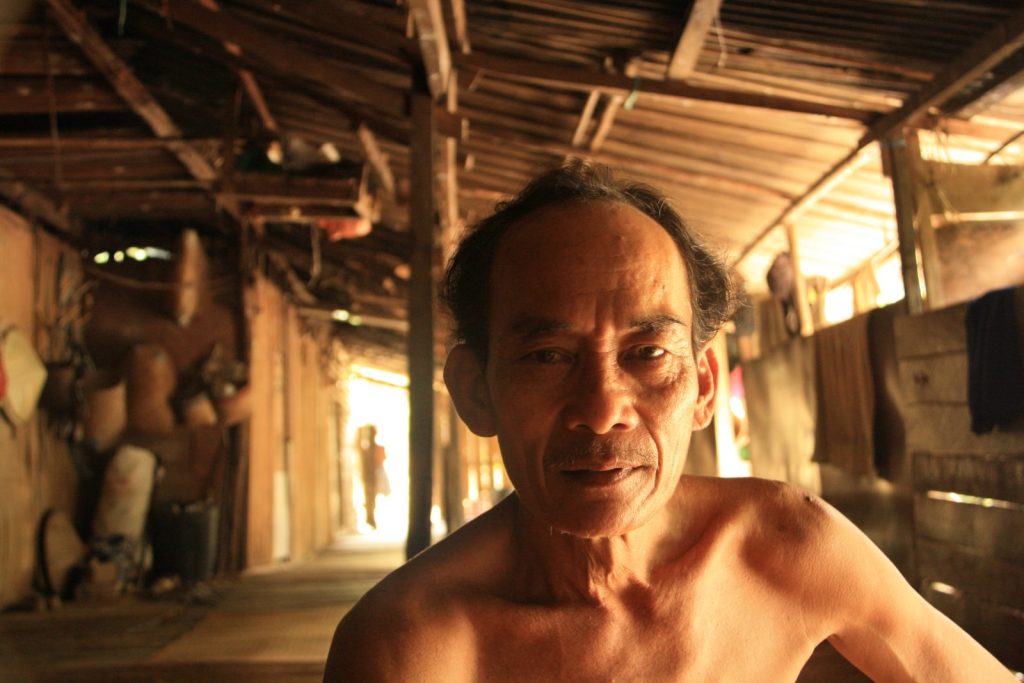
Therefore, on one level the financial benefit is easy to quantify, but on another level, we are exposing these people to a new way of life which we want to promote as a way in which to protect their heritage and culture. We have been successful with this in remote areas of the Himalaya and even Africa, but clearly, this is a long-term commitment and one that must combine all the theory surrounding community tourism and the practicality of bringing visitors to such a special area. If their habitat had never been endangered by the logging companies cutting down all the trees, then you could say that there would never be a need for tourism, but in this case tourism could, in fact, offer them a source of cash income as an alternative to being forced into the need to cut down trees for money.
Book Your Adventure of a Lifetime Now
Discover our trips to other Countries
Adventure Alternative Articles

12 MONTHS, 12 MOUNTAINS
Climbing Calendar Ready for World Mountain Day In celebration of World Mountain Day, we've created a calendar for the year to make it easy for...
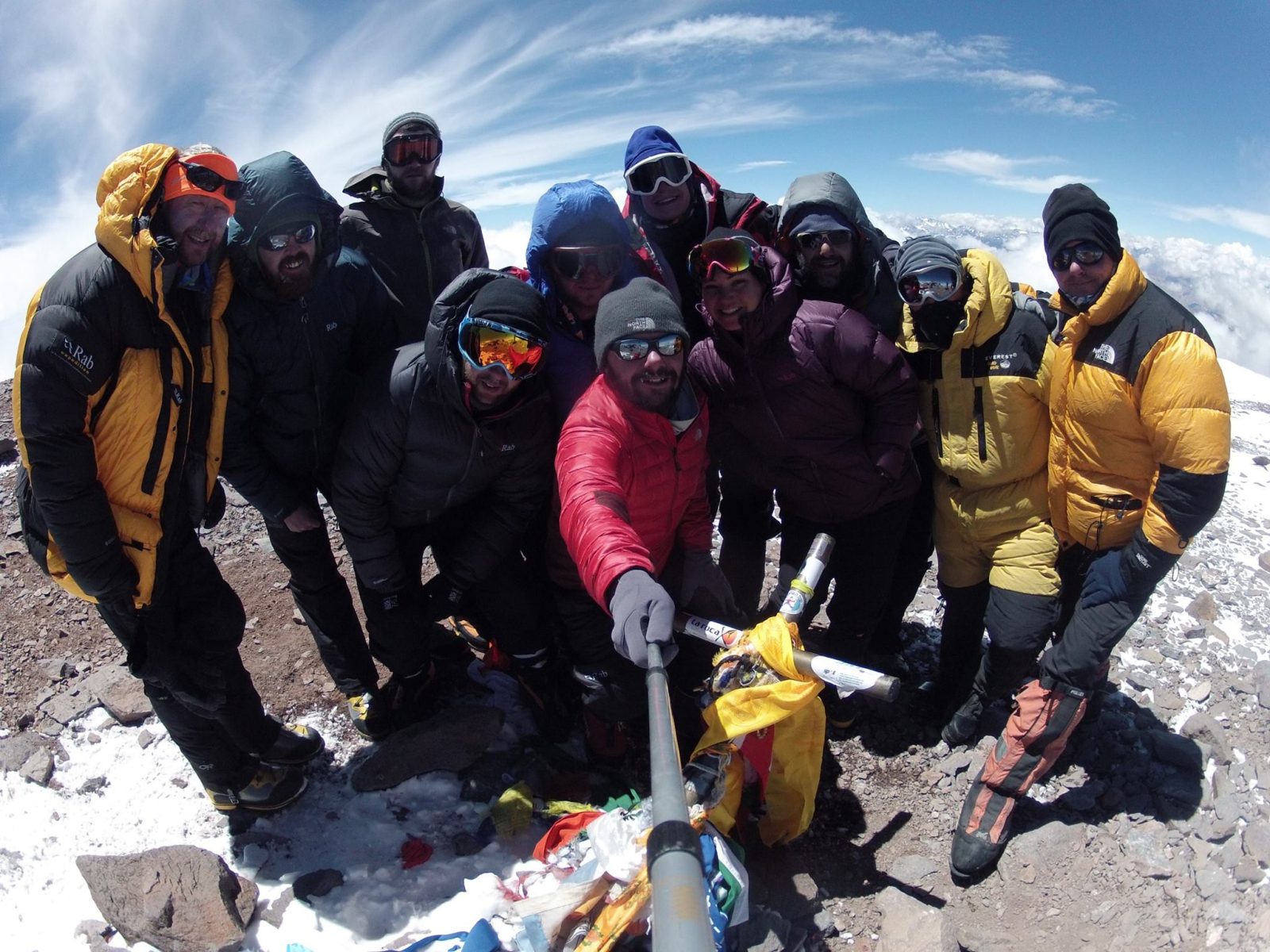
Mount Aconcagua Trip Review
January 2016 This year we had a team of twelve clients from four different countries – Iran, Ireland, England, South Africa and Argentina –...
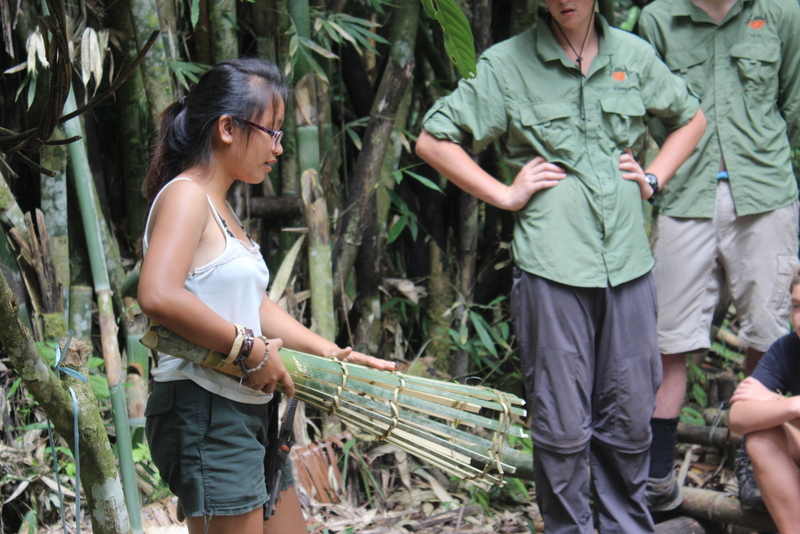
Alcey’s Survival Skills Course at Lupa Masa Jungle Camp
SURVIVAL SKILLS COURSE AT LUPA MASA JUNGLE CAMP | ADVENTURE ALTERNATIVE In celebration of International Rural Women’s Day, we’re talking...